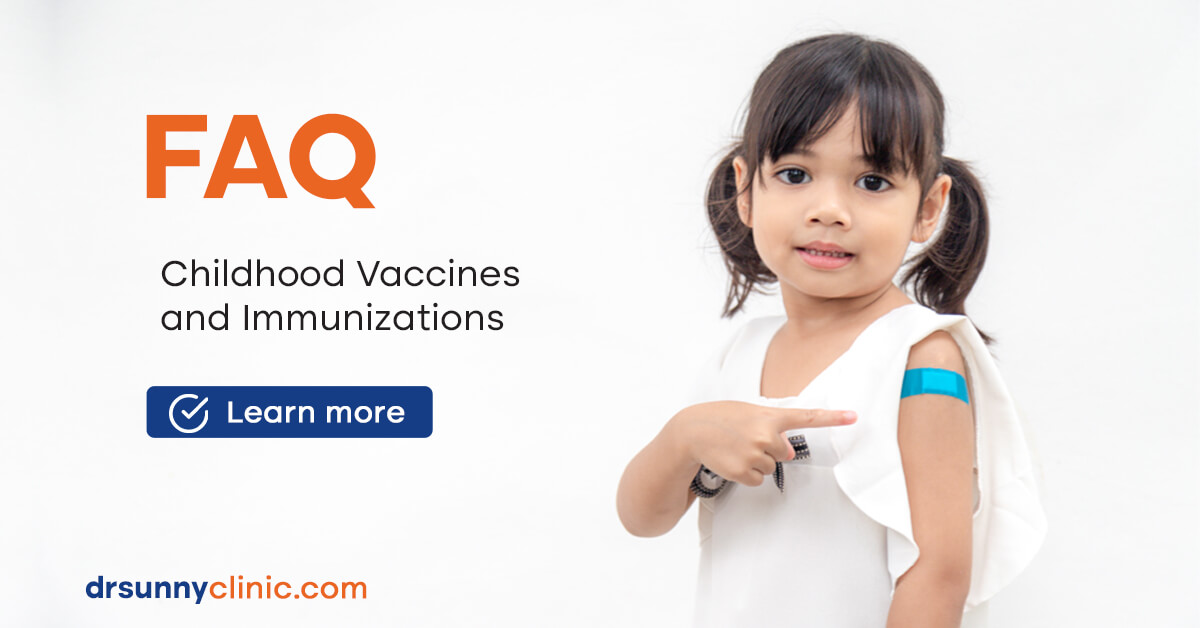FAQ: Childhood Vaccines and Immunizations
Childhood vaccines and immunizations are essential for protecting children from infectious diseases. Here are some frequently asked questions about childhood vaccines:
What are childhood vaccines?
Childhood vaccines are immunizations given to children to protect them from infectious diseases such as measles, polio, and chickenpox. By stimulating your body’s natural defenses, they prepare your body to fight the disease more quickly and effectively.
Are vaccines safe?
Yes, vaccines are safe. The vaccines that are given to children go through rigorous testing and are closely monitored for any adverse effects. The side effects that can occur are usually mild and short-lived, such as a sore arm or a mild fever.
When should my child receive vaccines?
The American Academy of Pediatrics (AAP) recommends that children receive vaccines according to a specific schedule, which starts at birth and continues through adolescence. It is important to follow this schedule to ensure that your child is protected from infectious diseases.
What if my child misses a vaccine?
If your child misses a vaccine, it is important to catch up as soon as possible. Your child’s Pediatrician can help you determine which vaccines your child needs and when they should receive them.
What are some common childhood vaccines?
Some common childhood vaccines include the MMR vaccine (measles, mumps, and rubella), the DTaP vaccine (diphtheria, tetanus, and pertussis), and the flu vaccine.
Are there any reasons why a child should not receive a vaccine?
There are some medical conditions that may prevent a child from receiving certain vaccines. Your child’s doctor can help you determine if there are any reasons why your child should not receive a particular vaccine.
Schedule a consultation with our pediatrician to discuss your child’s vaccination plan or the immunization schedule and ensure they receive the necessary protection against infectious diseases.

